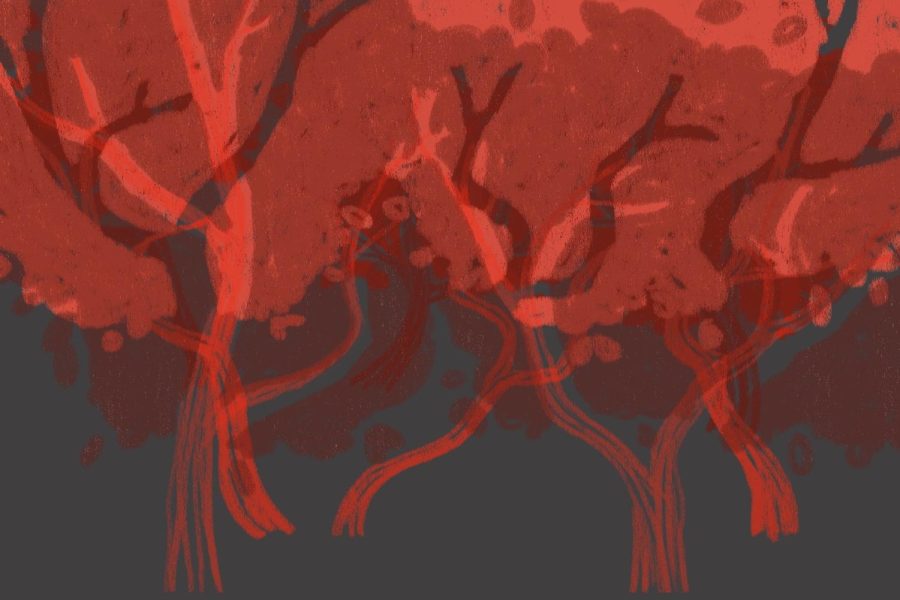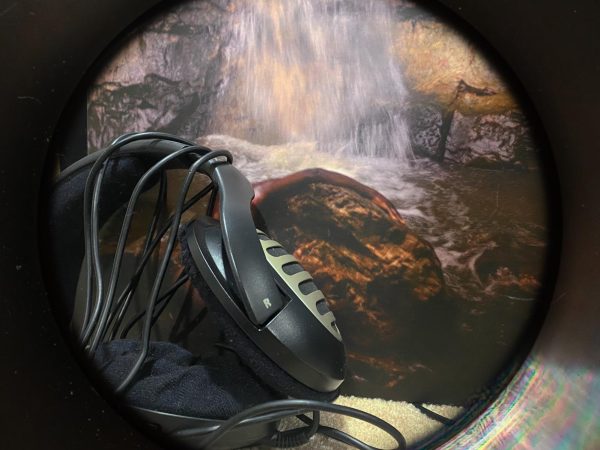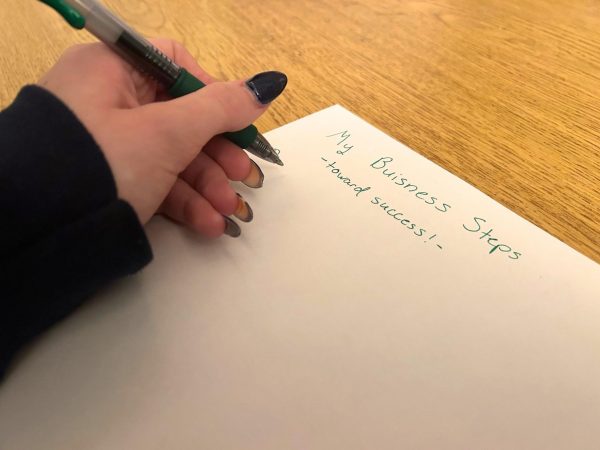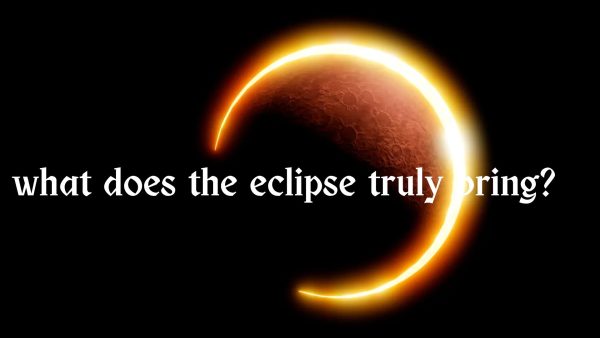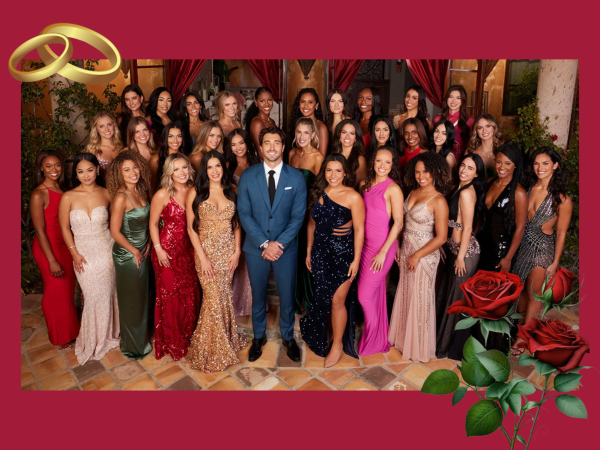Mitski releases long-awaited “Laurel Hell”
After four years of waiting, those who adore Mitski’s unique brand of indie-pop received another full-length album. The album holds special significance for those who have closely followed Mitski. “Learning that she was close to quitting music after her last album, this album has a certain ache that the others don’t, it feels new and like she’s trying to find that love for music again,” Kennesaw State University student and NC alumni Arden Jaramillo said.
February 9, 2022
Fans met Mitksi’s sixth studio album, “Laurel Hell,” with their characteristic enthusiasm, flooding streaming services as they rushed to listen to her newest piece of art. Those same fans found a polished album focusing heavily on burnout, insecurity in relationships, and the pressures of aging.
Outside the album, those who enjoy Mitski’s music saw her address her frustration with her fame and the complimentary box reviewers and fans alike attempt to put her in. Recently, in a video for Cracked Magazine, she called out fans who cling to the “sad girl” trope frequently applied to those who listen to her music.
“The sad girl thing was reductive and tired like, five, ten years ago and it still is today. Let’s retire the sad girl schtick,” Mitski said.
This exhaustion with the characteristics that fame has ascribed to her forms the central theme in the album. In both the lyrics and instrumentation, her songs show evidence of her maturation as an artist and person. This includes the way she has outgrown the spotlight given to her when she started gaining acclaim for music made in her early twenties. The album name itself represents her feelings towards her well-earned fame.
“The naming of Laurel Hell itself is absolutely brilliant, taking on the symbolic significance of laurel wreaths, which are associated with Greek success and victory, while also truly indicating the Laurel Hells that come from laurel bushes as they invasively choke everything within their path. This intense image so closely matches Mitski’s feelings as a popular musician, mostly due to the voyeuristic culture of celebrity treatment that she so profoundly experiences,” magnet junior Yuna Vang said.
Despite her apparent desire to escape the person she gave to the world through her music during her early twenties, Mitski’s music shows the same feeling of restlessness common in the oldest of her albums. While in “Laurel Hell” this feeling seemed to stem less from unstable relationships and more from the weight of her reputation, Mitski once again found a way to channel her difficulties into song in a way that listeners can still relate to.
“I think this [album] really shows how far she’s come emotionally when compared to her works like “Bury Me At Makeout Creek” or “Retired From Sad,” the albums whose narratives most closely follow the changes she desperately makes for validation from some particular individual,” Vang said.
Much of Mitski’s strength lies in her ability to flip between the lightheadedness of love and feelings of crushing grief and displacement in her music. This album zeroes in on that duality, alternating between upbeat retro pop songs and her trademark downtempo ballads, punctuated by her cleanly double-tracked vocals. However, this structure proved divisive. While certain listeners felt it amplified her message, others left feeling like they chose a cohesive playlist rather than an album.
Crystalline synth pop riffs and themes of burnout running throughout the album keep it from completely dissolving into unconnected songs. Seen before in songs such as “Washing Machine Heart,” the heavy synthesizer strays away from Mitski’s regularly acoustic and bass-heavy instrumentation.
“Should’ve Been Me” stands out as one of the best tracks on the album, a song that returns to Mitski’s familiar formula of a regretful lovesong. Mitski’s smooth vocals travel overtop a sharp uptempo synthesizer, which falls into a sparkling chorus. Throughout the track, she reflects on the series of events leading to the end of a relationship, lingering on her regrets. The lines “When I saw the girl looked just like me/And it broke my heart, the lengths you went to hold me” stood out as the most remarkable phrase in the song’s otherwise average lyrics.
Along with the synthesizer that holds a prominent part in the album, piano returns as an echo of her first and second albums.
“I am absolutely in love with the piano! It’s all I can think about, to be honest. I play piano, so it’s extremely awesome to hear Mitski incorporate it into her sound. I think the instrumentation creates such a space where it feels like you’re there with Mitski while she’s telling you a story,” magnet junior Claire Scafidi said.
Although most of her songs seem to follow a familiar, albeit reliable formula, the album’s greatest draw becomes obvious under the layers of its orchestration: Mitski knows how to tell a story, and people will always listen.
The Chant’s Grade: B-




